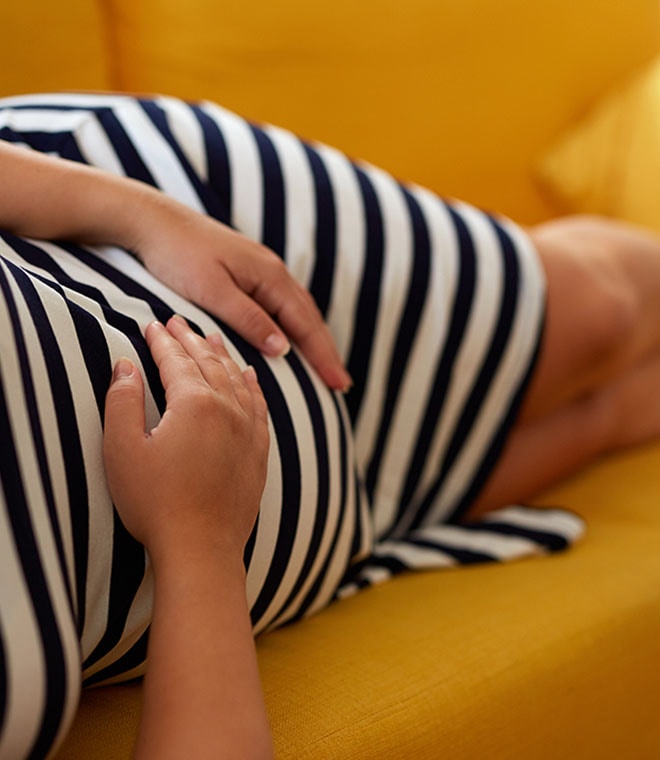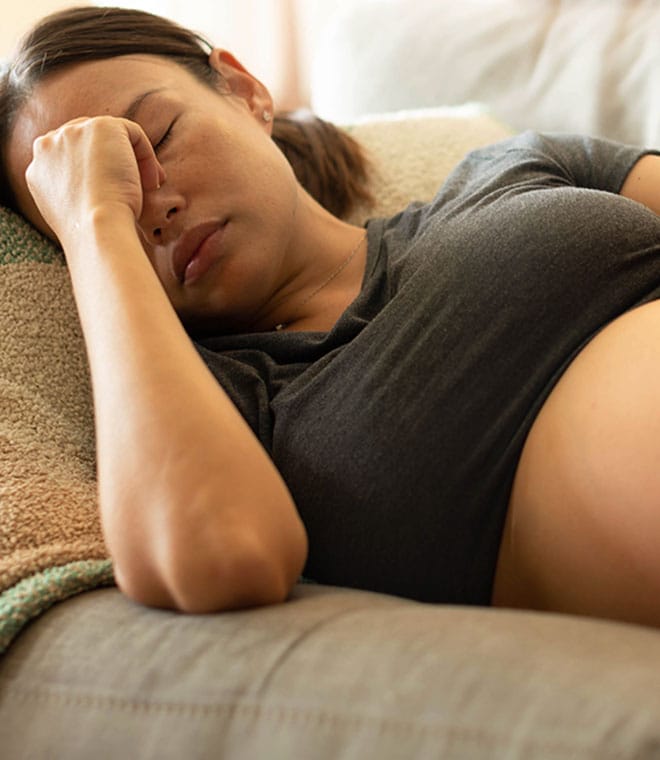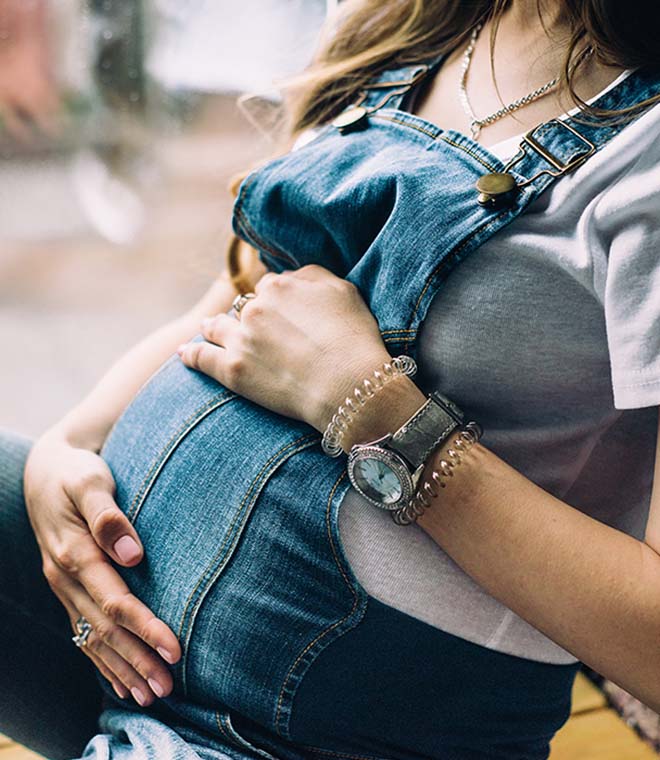Health
Diarrhea in pregnancy: What you need to know
By Patricia Ann Convery, MD, Fellow, American College of Obstetrics and Gynecology Oct 18, 2023 • 5 min
Diarrhea is never pleasant, but it can be especially concerning when you’re pregnant and worried about your and your baby’s health and well-being. Although it’s often not serious, diarrhea in pregnant women can sometimes require special care. Getting the facts about diarrhea in pregnancy can help you determine when to consult your healthcare provider.
Can pregnancy cause diarrhea?
Diarrhea does not typically occur more frequently in pregnancy, although some women do experience diarrhea when they’re pregnant. The following are some of the reasons why it may occur:
Dietary changes
Diarrhea in early pregnancy may stem from changes in diet. When you first find out you’re pregnant, your healthcare provider may advise you to follow a diet different from what you’re accustomed to and to start taking prenatal vitamins. Even though these changes are beneficial for you and your baby, they may temporarily upset your stomach and cause diarrhea. The good news is that diarrhea that develops due to diet will usually resolve once your body adjusts.
Food sensitivity
A food intolerance or insensitivity happens when your body has a difficult time digesting substances in some foods. During pregnancy, it’s possible to develop a new sensitivity to a particular food, even if you’ve previously been able to eat it without issue. Diarrhea, along with increased intestinal gas and abdominal pain, is a common symptom of food intolerance.
Hormonal changes
All women go through hormonal changes that begin during the first trimester of pregnancy, but how these changes affect expectant moms varies. For some women, this leads to digestive issues, including diarrhea.
Infections
When you’re pregnant, your immune system may struggle to fight off germs, putting you at an increased risk for a variety of infections. Certain illnesses, such as the flu and traveler’s diarrhea, can be an issue.
Is diarrhea a sign of pregnancy?
While diarrhea can occur during pregnancy, it’s not as common as other digestive issues. It is also not usually a sign of pregnancy. The most common early signs of pregnancy include:
- Missing a menstrual period
- Breast tenderness
- Nausea, which may be accompanied by vomiting
- Increased urination
- Fatigue
Is diarrhea a sign of labor?
When it occurs late in the third trimester, diarrhea could be a sign that your body is preparing for labor. However, it doesn’t necessarily mean that you’re actively in labor. Some women experience diarrhea two to three weeks beforehand.
Before 37 weeks of pregnancy, diarrhea accompanied by stomach cramps may be a sign of preterm labor. Other symptoms of preterm labor include:
- Experiencing four or more contractions in an hour that aren’t alleviated by relaxing or changing your position
- Regular tightening in your back that comes and goes
- Persistent dull pain in your lower back
- Feeling of pressure in your vagina and/or pelvis
- Menstrual-like cramps
- Increase in vaginal discharge or mucus
- Vaginal bleeding
- Leaking of fluid from your vagina
- Decrease in fetal movements
Contact your healthcare provider if you experience any of the above symptoms.
Treating diarrhea during pregnancy
Although there are over-the-counter medications available for diarrhea, you should contact your healthcare provider before taking any drug, even if it’s something you’ve taken in the past. They can tell you whether a medication is safe for you to take and provide other tips on how to care for yourself.
When diarrhea during pregnancy is due to an illness, hormones or food, the biggest concern is typically preventing dehydration while waiting for the symptom to resolve. Your healthcare provider will likely advise you to increase your intake of fluids while diarrhea persists.
If your diarrhea is severe or accompanied by nausea and vomiting, you may need to be seen in the hospital for IV fluid hydration. You should also let your healthcare provider know if you experience bleeding with diarrhea or if you have a persistent fever above 100.4 degrees Fahrenheit.
Updated October 2023.
Sources:
- https://utswmed.org/medblog/4-common-pregnancy-related-gi-issues-and-when-call-doctor/
- https://americanpregnancy.org/healthy-pregnancy/is-it-safe/diarrhea-in-pregnancy/
- https://www.aaaai.org/tools-for-the-public/allergy,-asthma-immunology-glossary/food-intolerance-defined
- https://www.foodsafety.gov/people-at-risk/pregnant-women
- https://medlineplus.gov/ency/article/007443.htm
- https://my.clevelandclinic.org/health/diseases/4498-premature-labor
- https://www.merckmanuals.com/home/hormonal-and-metabolic-disorders/water-balance/dehydration
- https://www.mayoclinic.org/healthy-lifestyle/getting-pregnant/in-depth/symptoms-of-pregnancy/art-20043853
- https://www.cdc.gov/hearher/maternal-warning-signs/index.html




